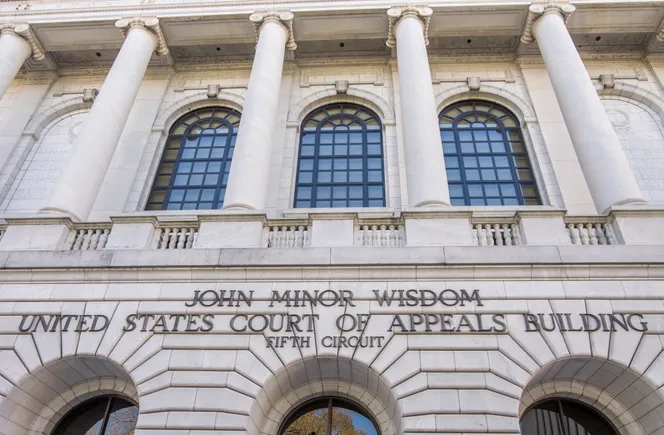Dive Brief:
- A 24-year employee of the U.S. Equal Employment Opportunity Commission alleges the agency tasked with preventing workplace discrimination discriminated against her on the basis of her gender (female), race (Asian) and national origin (Indian) in violation of Title VII of the Civil Rights Act of 1964, according to a lawsuit filed Aug. 26 in the U.S. District Court for the Eastern District of Louisiana (Kandan v. Burrows, EEOC).
- The worker, currently an enforcement manager, said the selecting official “groomed and promoted” a U.S.-born male subordinate with fewer than two years of experience to be the field director of the New Orleans field office, a position the plaintiff had been filling in an acting capacity.
- The plaintiff filed an internal Equal Employment Opportunity complaint in April 2023 and requested to withdraw her complaint on July 18, 2024, to file instead in federal court because more than 180 days had passed since she filed her complaint and a decision had not yet been issued. EEOC deferred comment to the U.S. Department of Justice because the case is “defensive litigation,” and DOJ could not immediately be reached.
Dive Insight:
EEOC is responsible for enforcing federal laws, including Title VII, which prohibits discrimination against candidates or employees based on race, color, religion, sex, national origin, age (40 or older), disability or genetic information.
“[The plaintiff] believes in the EEOC and its mission. However, she has experienced the very discrimination she sought to prevent from within the EEOC,” the lawsuit charged.
The plaintiff alleged the selecting official “has a reputation for promoting male employees over equally and/or more qualified female employees” and “for promoting other U.S. born African American males over female employees of other ethnicities and races.”
EEOC also faced discrimination charges last year. In August 2023, the agency reached a binding settlement agreement with a former employee in a lawsuit alleging EEOC paid her, a Black woman, less than a White man for completing the same duties.






Leave a Reply